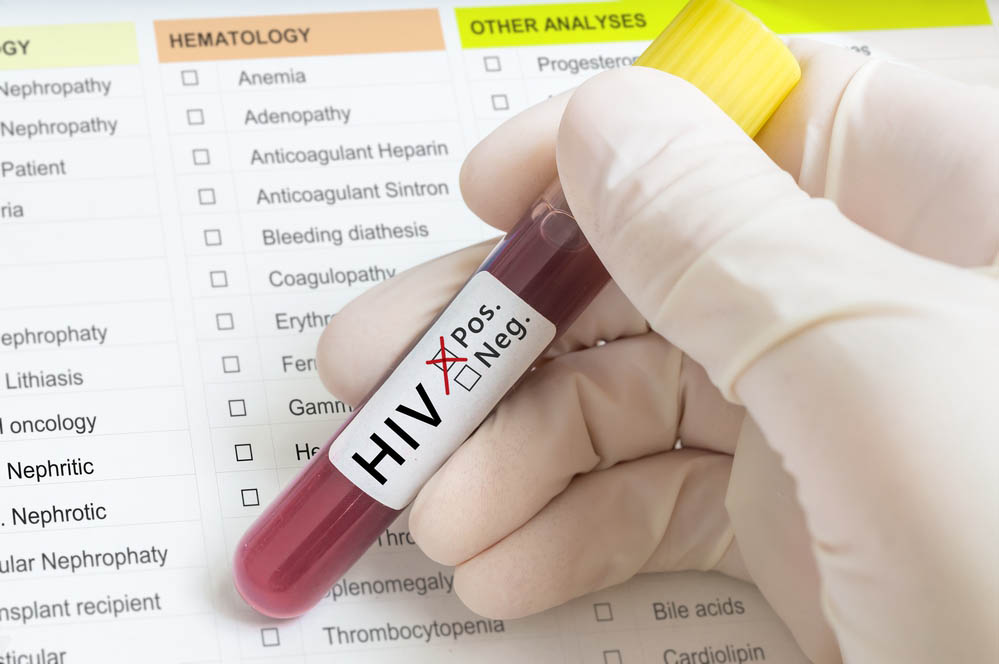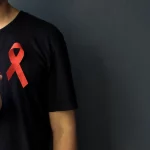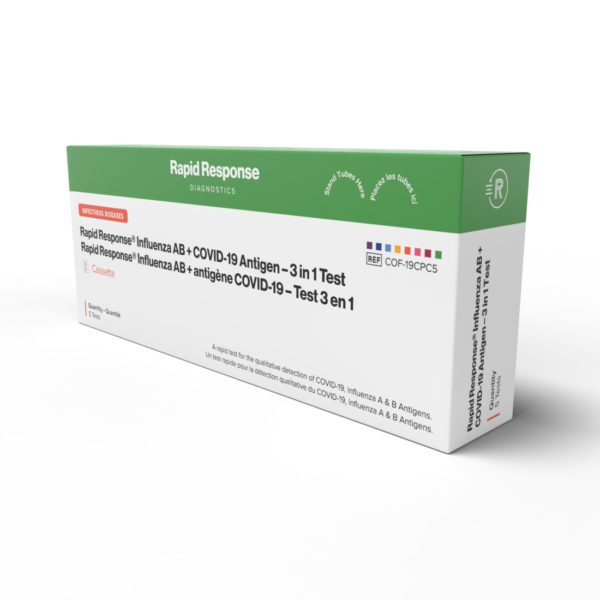In Quebec, the fight against human immunodeficiency virus (HIV) and acquired immunodeficiency syndrome (AIDS) includes a strong emphasis on testing as a crucial step in prevention, treatment and reducing the transmission of the virus.
Recognizing the importance of accessibility to testing, Quebec offers various options for residents to get tested for HIV, including free testing services in many clinics and the option for at-home testing.
Free HIV testing clinics in Quebec
Quebec has a comprehensive network of clinics that offer free HIV testing services across the province, so everyone has access to testing, regardless of their location.
The government of Quebec, in collaboration with various health organizations, funds these clinics to make HIV testing accessible and free of charge for all residents. These clinics not only provide free testing but also offer counselling services to support you through the testing process and beyond, regardless of the test results.
Description
Point de Repères is a community organization whose mission is to promote health, prevention, the provision of care and services with regard to sexually transmitted and blood-borne infections (STBBIs), as well as look at drug addiction
Address
545 rue du Parvis
Quebec City, Québec
G1K 9G5
418-648-8042
https://pointdereperes.com/
Description
The mission of the Mouvement d’Aide et d’Information Sida Bas-Saint-Laurent (MAINS BSL) is threefold. Our first mandate is to inform and raise public awareness about HIV/AIDS , as well as to prevent HIV infection in Bas-Saint-Laurent. We help and support people living with HIV/AIDS and their loved ones in the Bas-Saint-Laurent and Gaspésie regions. Our second mandate is to inform and raise public awareness about STBBIs , sexually transmitted and blood-borne infections. We prevent the transmission of STBBIs while providing help and support to people living with an STBBI in Bas-Saint-Laurent. A third mandate aims to inform and raise public awareness of the homosexual reality , to develop strategies to fight homophobia and to provide help and support to people living with a problem related to the LGBT+ reality (lesbian, gay, bisexual and transgender) in Bas-Saint-Laurent.
Address
201-192 rue Saint-Germain Est
Rimouski, Québec
G5L1A8
4187227432
Description
L’Anonyme aims to promote safe behaviors and egalitarian relationships as well as prevent the transmission of sexually transmitted or blood-borne infections (STBBIs) through a humanist approach of proximity. Our action is based on a humanist approach, active listening and respect for personal rhythm. We take the approach of harm reduction associated with risky behaviors.
Address
5600 Hochelaga, suite 160
Montréal, Québec
H1N 3L7
514-842-1488
Description
Familiprix-affiliated owner David St-Jean Gagnon, a consultant pharmacist and his team of professionals promote a holistic approach to health in an eco-friendly environment. They also have expertise and a keen interest in the treatment of opioid addiction treatment as well as HIV/AIDS, STBBIs, and viral hepatitis.
Address
1588 Boul. Saint-Laurent
Montreal, Québec
H2X 2T1
514 508 1770
http://www.rxmtl.com/
How to participate for the free HIV testing
If you’re looking to get tested, visit a local health clinic or one of the specialized HIV testing centres distributed throughout the province. No referral is needed, and most clinics offer walk-in services or appointments that can be booked over the phone or online.
HIV testing options in Quebec
In Quebec, there are several options for getting tested for HIV, depending on your needs and preferences.
Private clinic: For those who prefer more privacy or quicker appointments, private clinics offer HIV testing services at a fee.
Local lab: Some local laboratories provide HIV testing without the need for a visit to a clinic or hospital. A healthcare provider’s referral might be required.

Community clinic: Community clinics are excellent resources for free HIV testing. They often provide additional support services such as counselling and education on HIV prevention and treatment.
At home: Quebec also supports at-home HIV testing to increase accessibility and privacy for those who may not feel comfortable visiting a clinic.
At-home HIV test
The usage of at-home HIV tests make testing more accessible and private. These tests can be ordered online or picked up from some pharmacies and community organizations.
The at-home testing kit includes detailed instructions on how to collect a sample (usually a blood sample) and how to interpret the results. For confirmatory testing and further counselling, visit a healthcare provider if the at-home test indicates a positive result.
Frequently asked questions
Why get tested for HIV?
Getting tested for HIV enables you to know your status, which is the first step in taking control of your health. Early diagnosis can lead to timely treatment, which can significantly improve the quality of life and health outcomes for those living with HIV. Additionally, knowing one’s HIV status helps prevent the transmission of the virus to others.
Who should get tested for HIV?
Everyone should consider getting tested for HIV at least once as part of their routine health care. Specifically, those who have engaged in unprotected sex, shared needles or have had exposure to HIV through any other means should get tested regularly. Healthcare providers can offer advice on how frequently to get tested based on individual risk factors.
When should I be tested for HIV?
It’s advisable to get tested for HIV if you think you’ve been exposed to the virus. However, it’s important to note that the virus may not be detectable immediately after exposure. The window period—the time between exposure to HIV and when a test can accurately detect it—can vary. Healthcare providers can give the best advice on when to get tested, but a general guideline is to wait a few weeks after a potential exposure before taking the first test, followed by another test a few months later to confirm the result.
What if I test positive for HIV?
Testing positive for HIV may be life-changing, but life doesn’t end here. Advances in medical treatments mean that HIV can be managed as a chronic condition. Those who test positive will be connected with healthcare providers specializing in HIV care to discuss treatment options. With proper treatment, people living with HIV can lead long and healthy lives. Support groups and counselling services are also available to help them navigate the emotional and practical aspects of living with HIV.























































